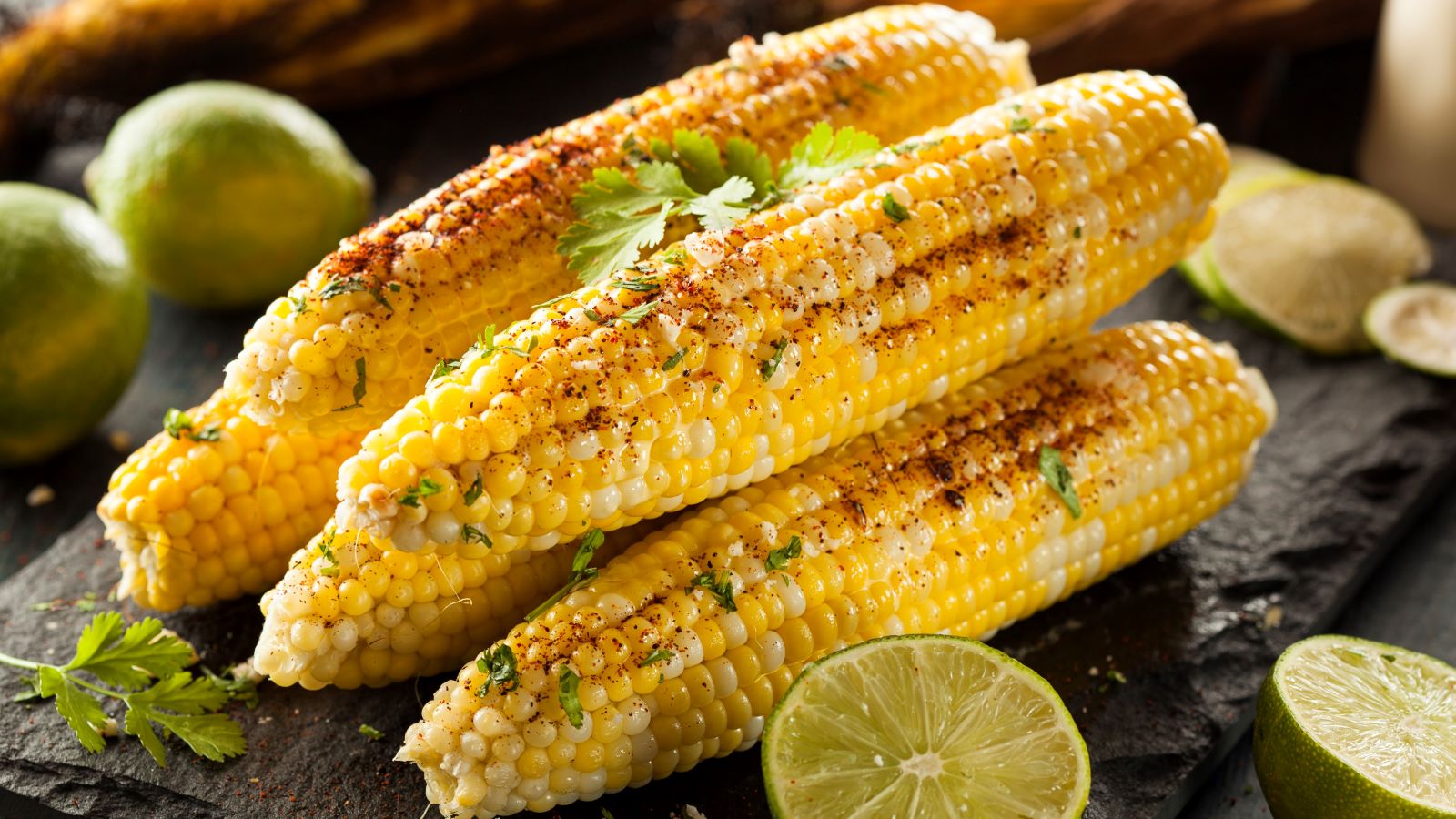<< Back
The Surprising Health Benefits of Corn

August 24, 2023
Corn on the cob is a summer cookout staple. Not only is it delicious – it can also add a healthy addition to your dinner plate.
Allison Kallberg, a registered dietitian at Hartford Hospital, explains the health benefits of corn and how you can integrate it into your next meal.
Surprise – corn is more of a grain than a vegetable.
If you’re using corn as one of your five servings of vegetables a day, it may be time to reconsider.
“While often served as a vegetable, corn is actually a grain and a good source of carbohydrates,” says Kallberg.
But the carbs in corn are good for you.
Corn is full of complex carbs that provide sustained energy for your body.
It also contains all B vitamins, including folate, niacin and B6, which are good for the brain and heart health. And because it’s full of insoluble fiber, corn is digested slowly and doesn’t spike your blood sugar.
The fiber also feeds good bacteria in your gut, which can help with digestion.
> Related: 5 Reasons to Eat More Watermelon
5 ways you can add corn into your diet.
Even though we love fresh corn on the cob, there are a lot of ways to add corn into your diet – during any season. Some ideas include:
- Homemade salsa with corn and black beans for a tasty snack with tortilla chips
- Roasted corn and avocado salad with cherry tomatoes and olive oil
- Creamy corn soup or chowder
- Corn bread with chili
- Street corn with a cotija cheese and chipotle chili powder
And if you’re set on corn on the cob, try different ways of preparing it. It can be grilled, boiled on the stovetop or even cooked in an air fryer.
But remember – fresh is always best.
The best part about corn in the summer is that you can buy it fresh, which offers the most health benefits.
But if it’s winter or you don’t have any fresh corn available, fear not because frozen corn is just as good.
“Whole corn, fresh or frozen, is a source of fiber, B vitamins and vitamin C. The yellow and white colors we see actually come from antioxidants that can help to support healthy eyesight,” Kallberg says.
Canned corn can be helpful – especially for soups or salsas – but be sure to check the label for added sodium.